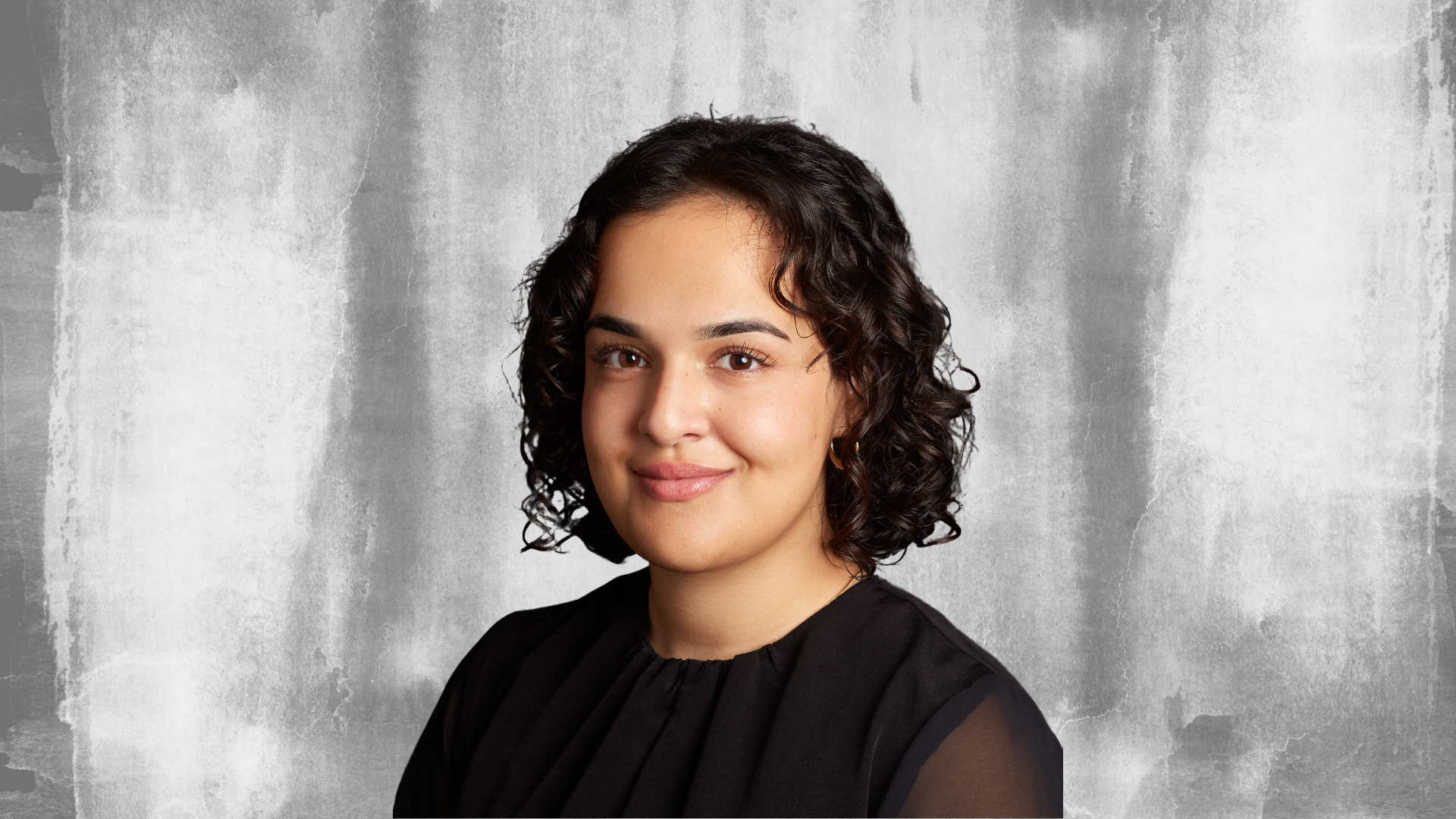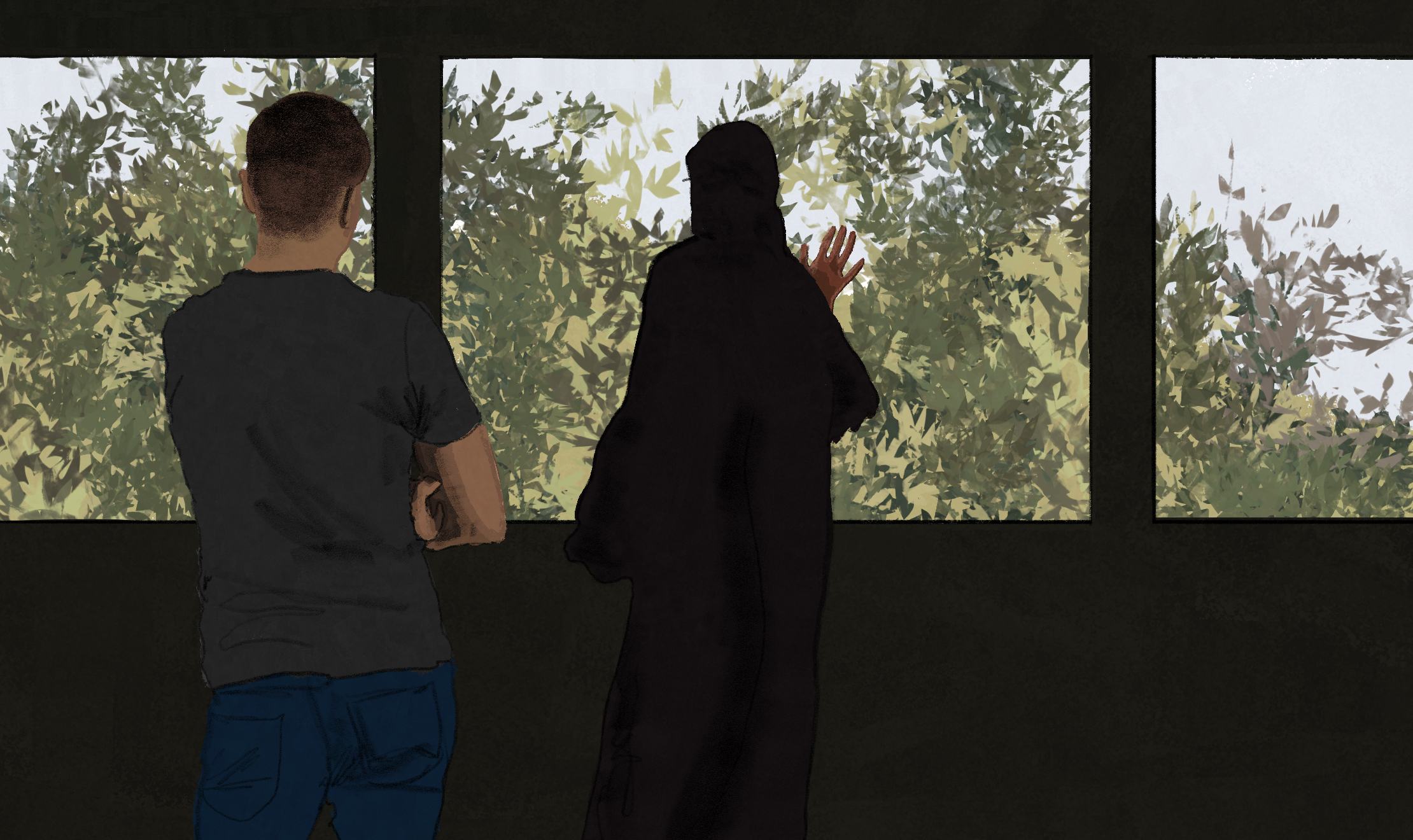
Depending on your source, anywhere between 83 and 99% of Egyptian women have experienced sexual harassment, with the majority saying they experience it on a daily basis and that it frequently involves assault. Last month an international survey conducted by the Thomas Reuters Foundation found that out of 19 cities, each with a population of over 10 million, Cairo was the most dangerous megacity for women. Other survey results show that the majority of Egyptian men have no problem admitting that they harass women and some even go as far as to say that women “enjoy the attention” and often provoke the harassment by how they behave and what they wear.
In light of this, maybe it comes as no surprise that in a televised debate that aired last month on Egyptian television, lawyer Nabih al-Wahsh said it was a patriotic duty to harass and a national duty to rape women who wear revealing clothes. This comment reveals deeper levels of misogyny and ignorance than I initially thought were present.
The debate was around a draft law that would for the first time explicitly outlaw homosexual acts as well as any behaviour that might be seen as promoting homosexuality and actually attach jail time to it. In the past, these “offenses” were swept under umbrella laws that banned any behaviour that contravened “public morality”. That is why during the show, the onscreen graphic made no specific mention of homosexuality. Instead, it read “discussion around proposed law combating prostitution and inciting debauchery”–the implication being that individuals who engage in these acts are in fact corrupting the whole country. Ultimately, the topic is still too taboo to be discussed as anything other than perverse or in relation to deviant sex work.
According to some local Egyptian media outlets, the country is suffering from a crisis of morality. Others will argue that like a lot of Muslim majority countries, there is an internal battle being waged between liberal and conservative forces in Egypt. What started out as some fans carrying the rainbow flag at a concert by a Lebanese band with an openly gay frontman quickly turned into a witch-hunt on both a social and official level against members of the LGBTQ community. Since the concert, at least 70 people have been arrested and around 20 people have been handed prison sentences for inciting debauchery. It’s an easy win for a government that considers itself the “guardian of morality” with a population that sees homosexuality as a sin, a crime, a disease or an attack on Egypt itself.
So, how does a TV show discussing a proposed law that criminalises homosexuality turn into a call for rape? The simple answer is because women have traditionally been the staple and easiest target of laws that are concerned with morals and values, especially when a society feels like its “values” are being threatened.
Recently, a number of Egyptian universities have banned their female students from wearing ripped jeans on campus. Apparently, women’s virtue, including their daily outfits, is where the entire country keeps its “honour” and “good reputation”. And, according to al-Wahsh, raping them is how that virtue can be kept in check. So although the televised debate (which pitted two liberal pundits against two conservative ones) started out with a discussion of the pros and cons of this law and what it means for society, the conversation always boiled down to “preserving morality”. In a patriarchal society that genuinely believes women are to blame for their own harassment and assault, it’s not difficult to see how this lawyer arrived at adding the proactive “duty” part.
This isn’t a man that sees rape as a crime, he sees it as a form of correction or punishment for the kind of “immoral” behaviour (wearing ripped jeans in this case) that he feels will bring about the destruction of society. This, of course, stems from the view that women are not full and autonomous human beings, but are more like minors that must be policed and controlled. This particularly rings true with governments that prioritise their own image and “good reputation” over the personal safety of their people. It’s the same reason why my family members respond angrily when they hear me discussing sexual discrimination and harassment with non-Egyptians. To them, how the country looks is more important than my personal experiences with sexual assault.
I was at least relieved to see the wave of public outcry that followed al-Wahsh’s heinous comments which ranged from the National Council for Women filing a complaint against him to other media figures accusing him of being a terrorist and calling for him to be disbarred. But I was still dismayed to see some chalking it up to a sensationalist TV channel and a controversial lawyer simply looking for extra publicity because that belittles the harm that is inflicted by these comments. Whatever the consequences are, I’m hoping that the backlash will go some way to preventing this brand of vile misogyny from ever making its way to the airwaves again, even if it’s just out of social pressure rather than legal repercussions. I’m not sure I’ll hold my breath.

Britain’s policing was built on racism. Abolition is unavoidable

How Pakistan’s Khwaja Sira and transgender communities are fearing and fighting for their futures

Their anti-rape performance went viral globally. Now what?





